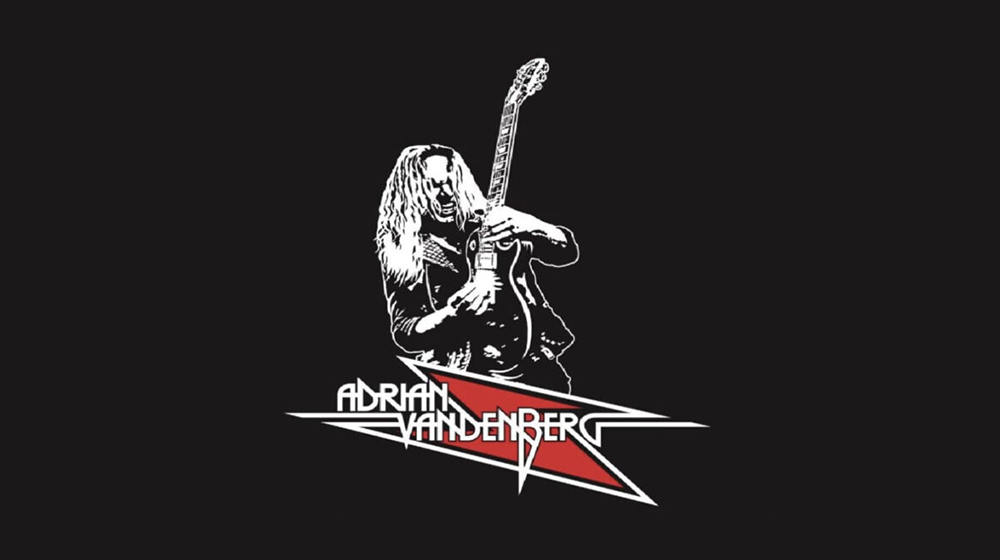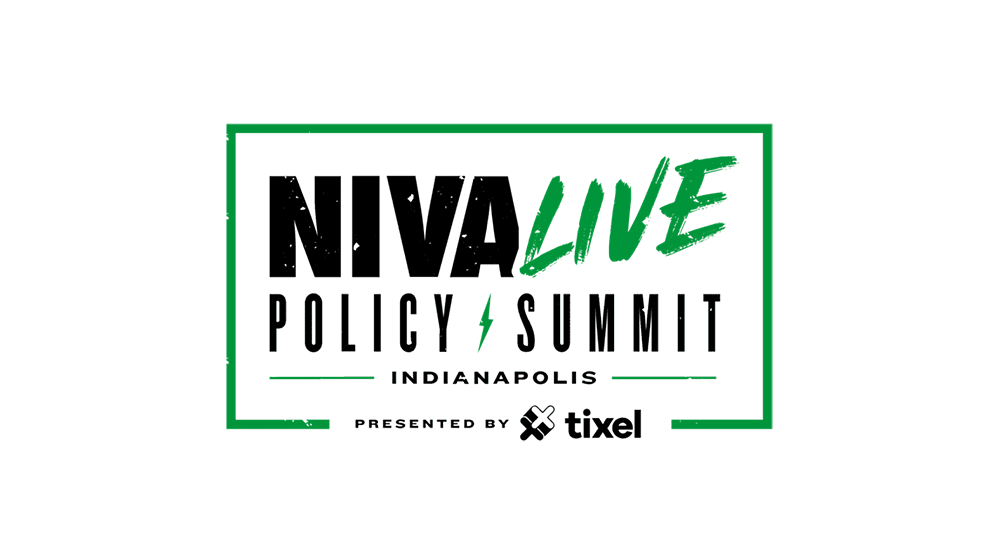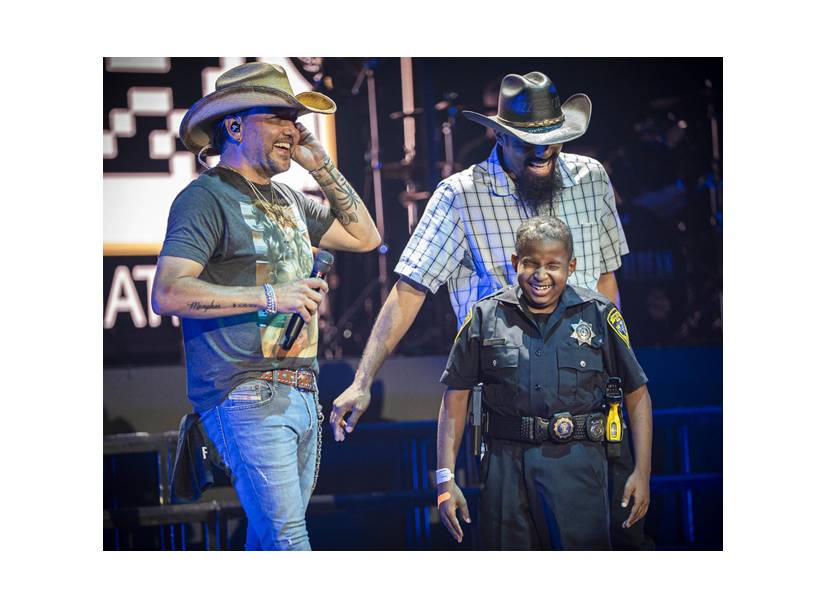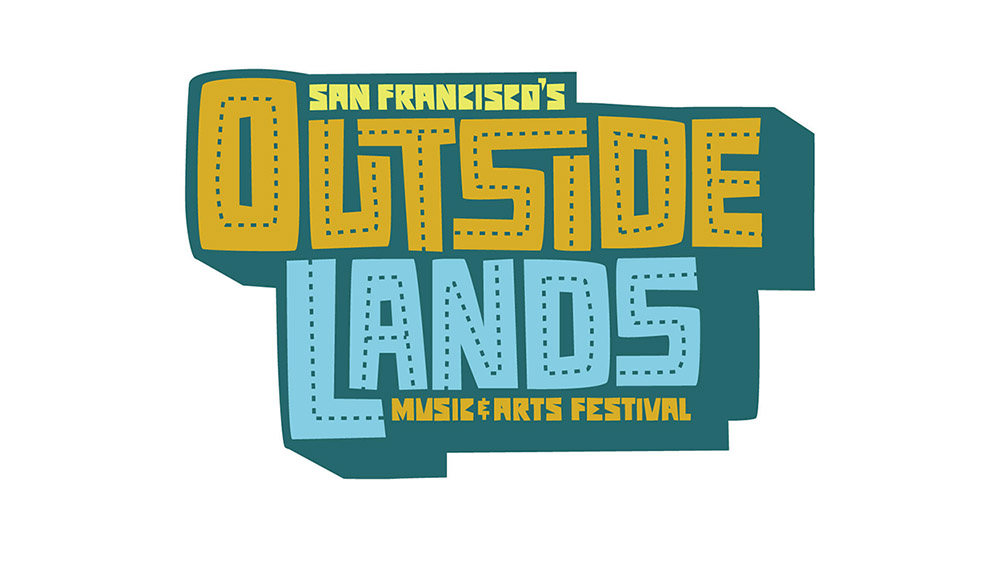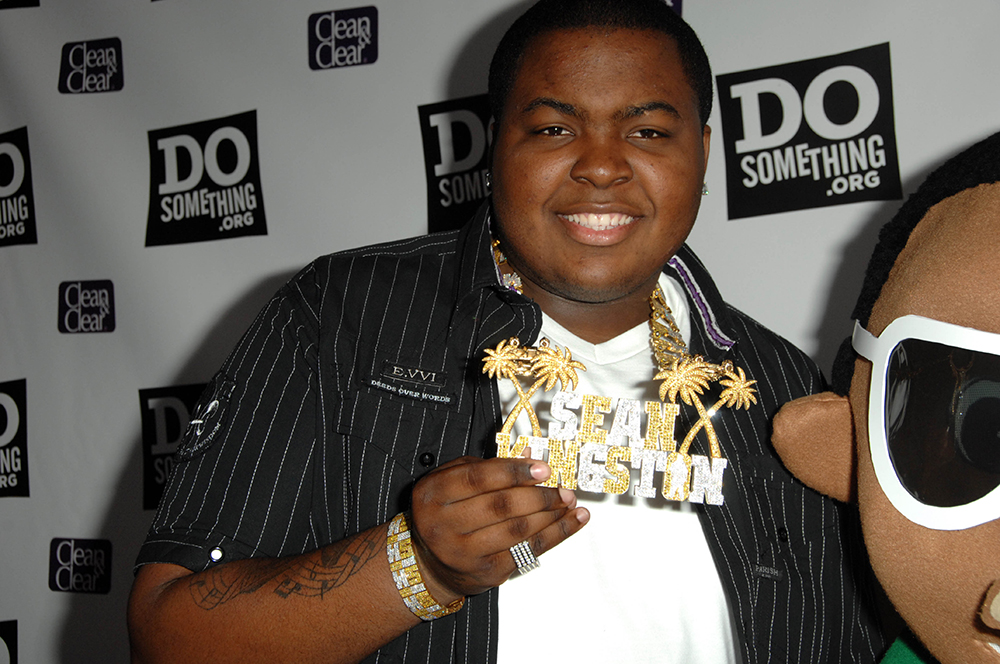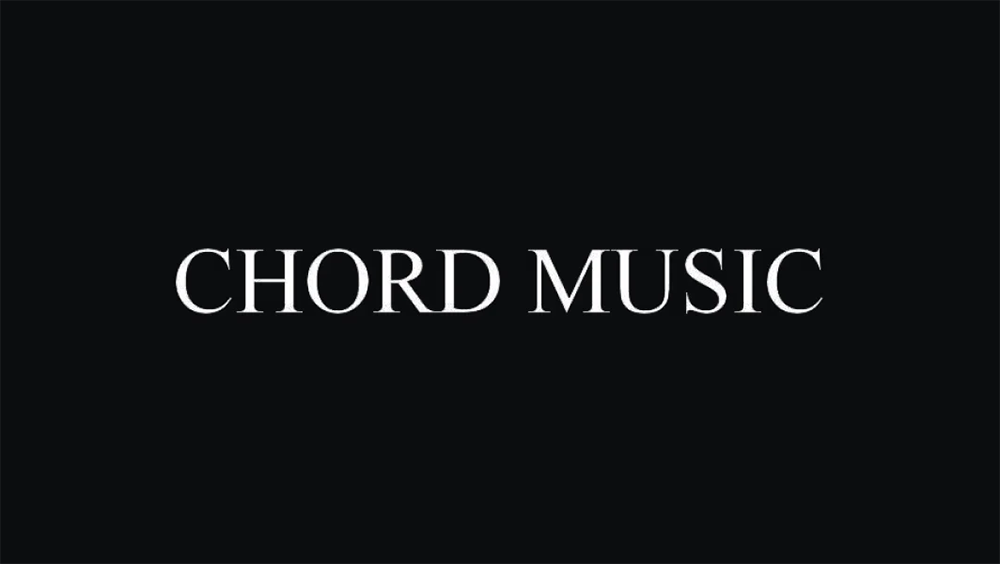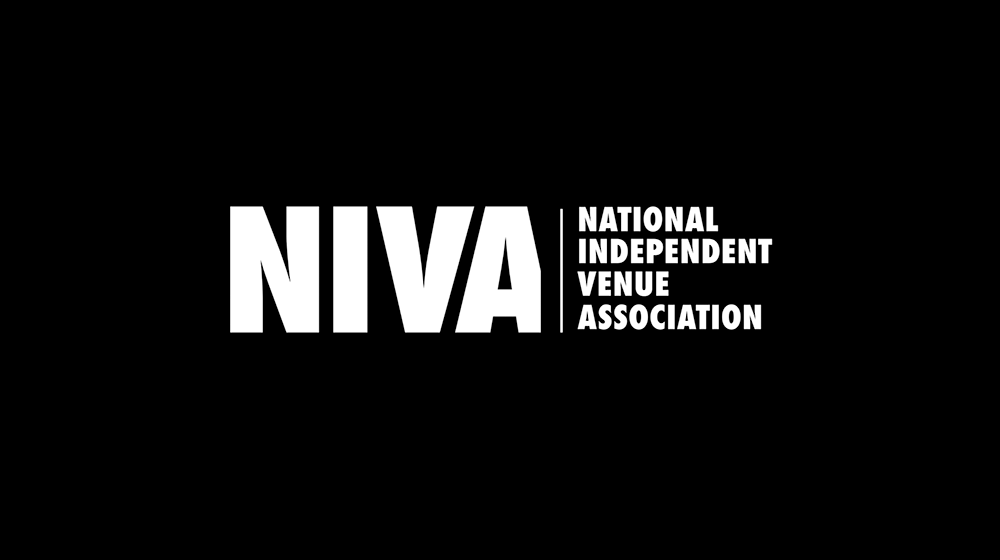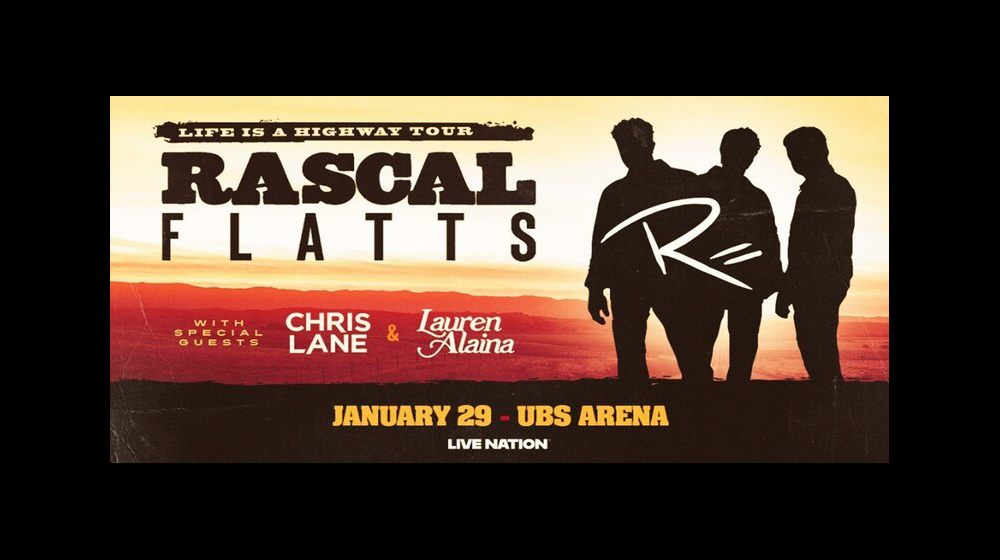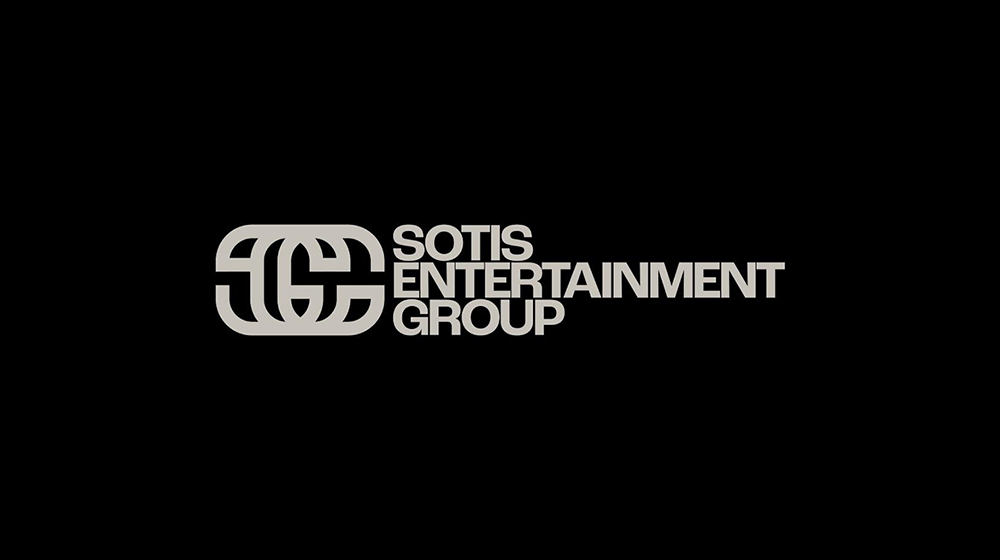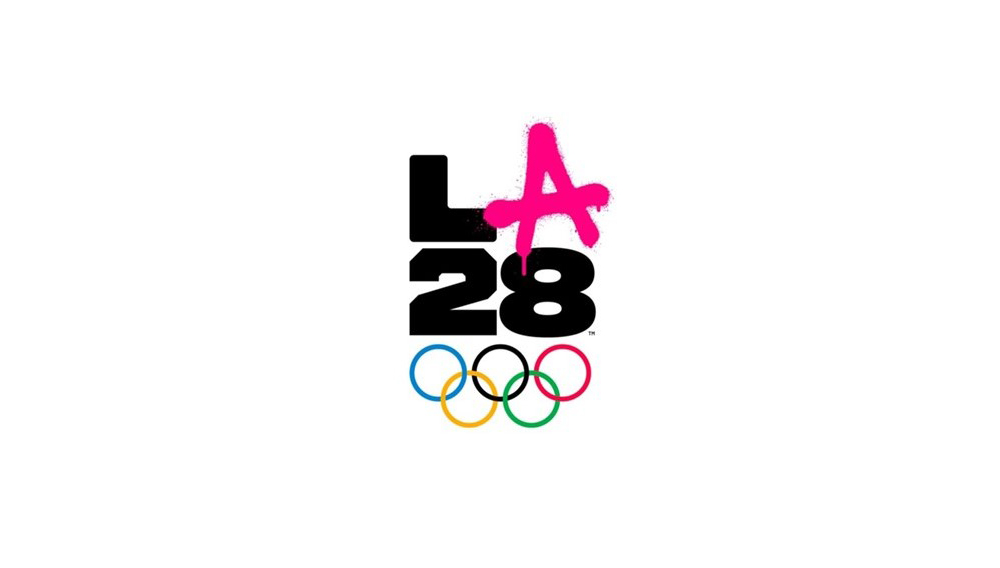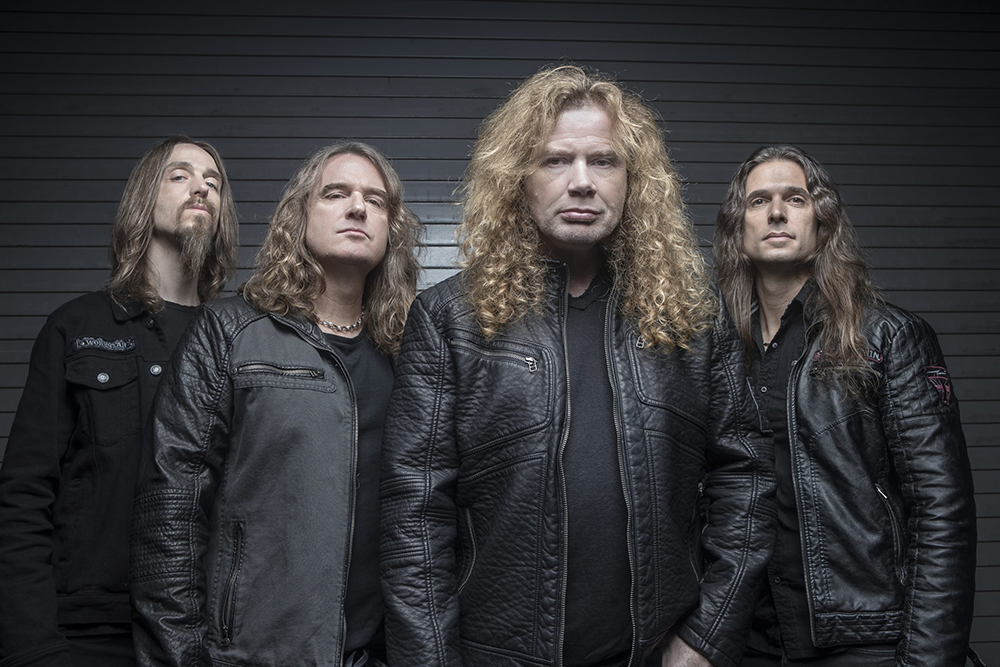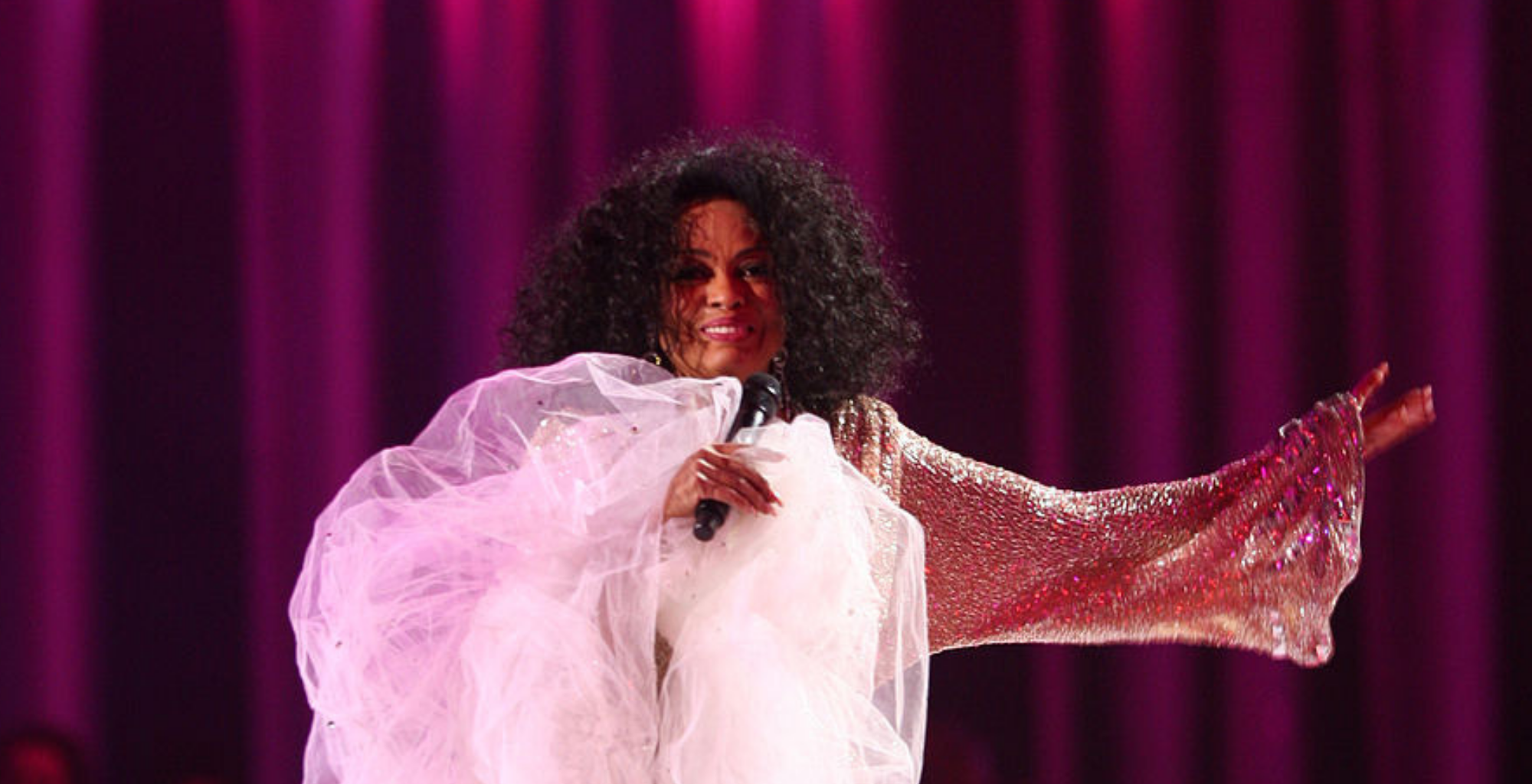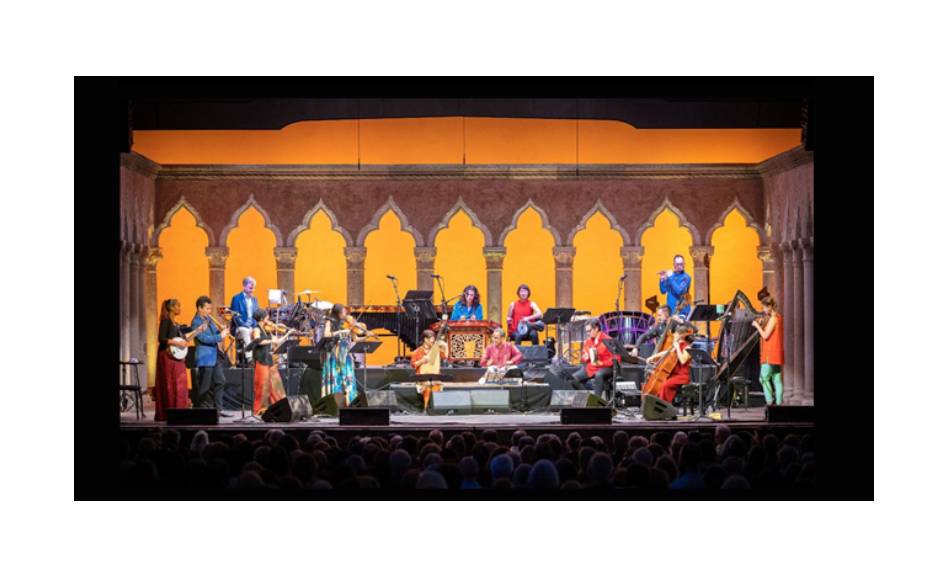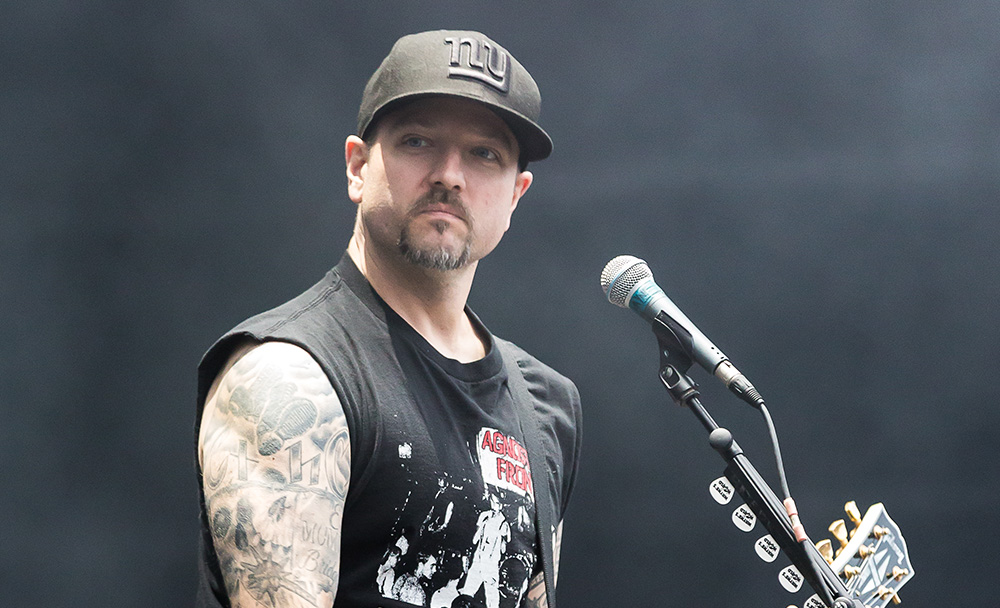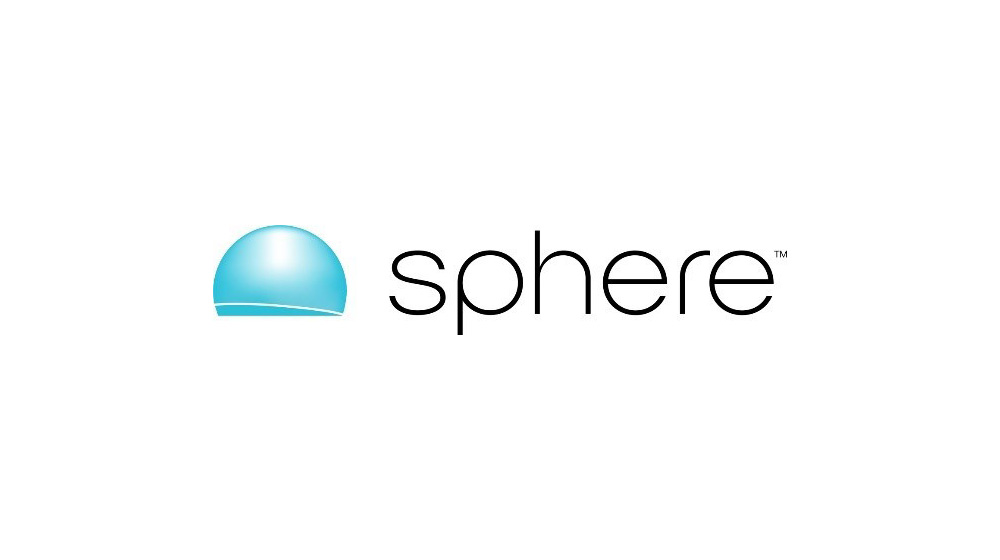My Five Favorite Progressive Rock Albums: Let the Debate Begin
Progressive rock fans love a good debate, and nothing stirs the pot quite like a personal top five list. Here are my all-time favorite prog albums—ranked, explained, and ready to inspire agreement, outrage, and everything in between.
Number Five: Roxy Music – Avalon
Some will bristle at calling Avalon a progressive rock album, but Roxy Music’s swan song is a masterclass in sophisticated, atmospheric soundscapes. While earlier Roxy was more experimental, Avalon is the band’s “crowned jewel,” blending romantic synth washes and Bryan Ferry’s iconic croon into a record that’s as much about mood as it is about melody. The album’s creation was a collaborative, almost serendipitous process—just listen to the title track, with its haunting vocals from Yanick Etienne, discovered by chance during the final mixing session. I admit, I had to dig into the research for Yanick’s career to find her name and she does play a subtle but central role. Is it prog? Art-rock? Sophisti-pop? That’s for you to argue. For me, Avalon is progressive in spirit: boundary-pushing, genre-blurring, and emotionally resonant.
Number Four: Genesis – The Lamb Lies Down on Broadway
No list is complete without a concept album, and The Lamb Lies Down on Broadway is prog’s most surreal epic. Peter Gabriel’s “moral fable” of Rael—a street-tough lost in a metaphysical New York—melds religious, literary, and psychological themes into a bizarre, compelling narrative that threads together seamlessly. Musically, it’s Genesis at their most adventurous, with intense structures and lyrical wordplay that rewards repeated listens. Some call it self-indulgent; others see it as the band’s creative zenith. Decades later, it remains Genesis’s most consistently selling back-catalogue release, testament to its enduring mystique and divisiveness.
Number Three: Yes – The Yes Album
The Yes Album represents the moment Yes became true prog visionaries. With Steve Howe’s arrival, the band fused rock, jazz, and classical influences into complex, ambitious arrangements. Songs like “Yours Is No Disgrace” and “I’ve Seen All Good People” are now genre standards, but at the time, this was boundary-shattering music—full of odd time signatures, virtuosic musicianship, and a spirit of creative liberation. Some fans prefer the later, more ornate Close to the Edge, but for me, The Yes Album is where it all clicked: the perfect balance of accessibility and experimentation.
Number Two: Genesis – A Trick of the Tail
Here’s my curveball: I rate A Trick of the Tail above The Lamb. After Gabriel’s departure, Genesis could have imploded. Instead, Phil Collins stepped up, and the band delivered an album that’s lighter, more melodic, and—dare I say—more fun than its predecessor. Tracks like “Dance on a Volcano” and “Ripples” show a band rejuvenated, blending complexity with newfound warmth. Some purists bemoan the shift away from Gabriel’s darkness, but the album’s success (and its place in the U.K. and U.S. charts) speaks for itself. Is it less “prog” than The Lamb? Maybe. Is it more listenable? Absolutely. For me the importance of the album was magnified by seeing the band perform this masterpiece on tour at The Ohio Theatre in Columbus Ohio. For added intensity at the show the iconic Bill Bruford performed as one of the drummers. It was a show I’ll never forget.
Number One: Pink Floyd – The Dark Side of the Moon
No surprise here, but how could I not? The Dark Side of the Moon is the ultimate progressive rock album: a seamless concept, groundbreaking production, and universal themes of life, death, and mental health. Its technical ambition—synthesizers, tape loops, philosophical samples—was matched by its emotional resonance. The album didn’t just change Pink Floyd’s fortunes; it changed the landscape of rock music, spending over 950 weeks on the Billboard 200 and selling more than 45 million copies worldwide. Its influence is everywhere, from Radiohead to Muse, and its legacy is secure. Is it overplayed? Maybe. Is it overrated? Never.
Let the Arguments Begin
I know this list will ruffle feathers—where’s King Crimson? No Close to the Edge? Is Avalon even prog? That’s the beauty of progressive rock: it’s a genre built on debate, evolution, and personal connection. Share your own top five, challenge my choices, and keep the conversation going. That’s what makes this community so endlessly fascinating.
Thanks for supporting “takin ‘ a walk” , “Music Saved Me” and “Comedy Saved Me”





















